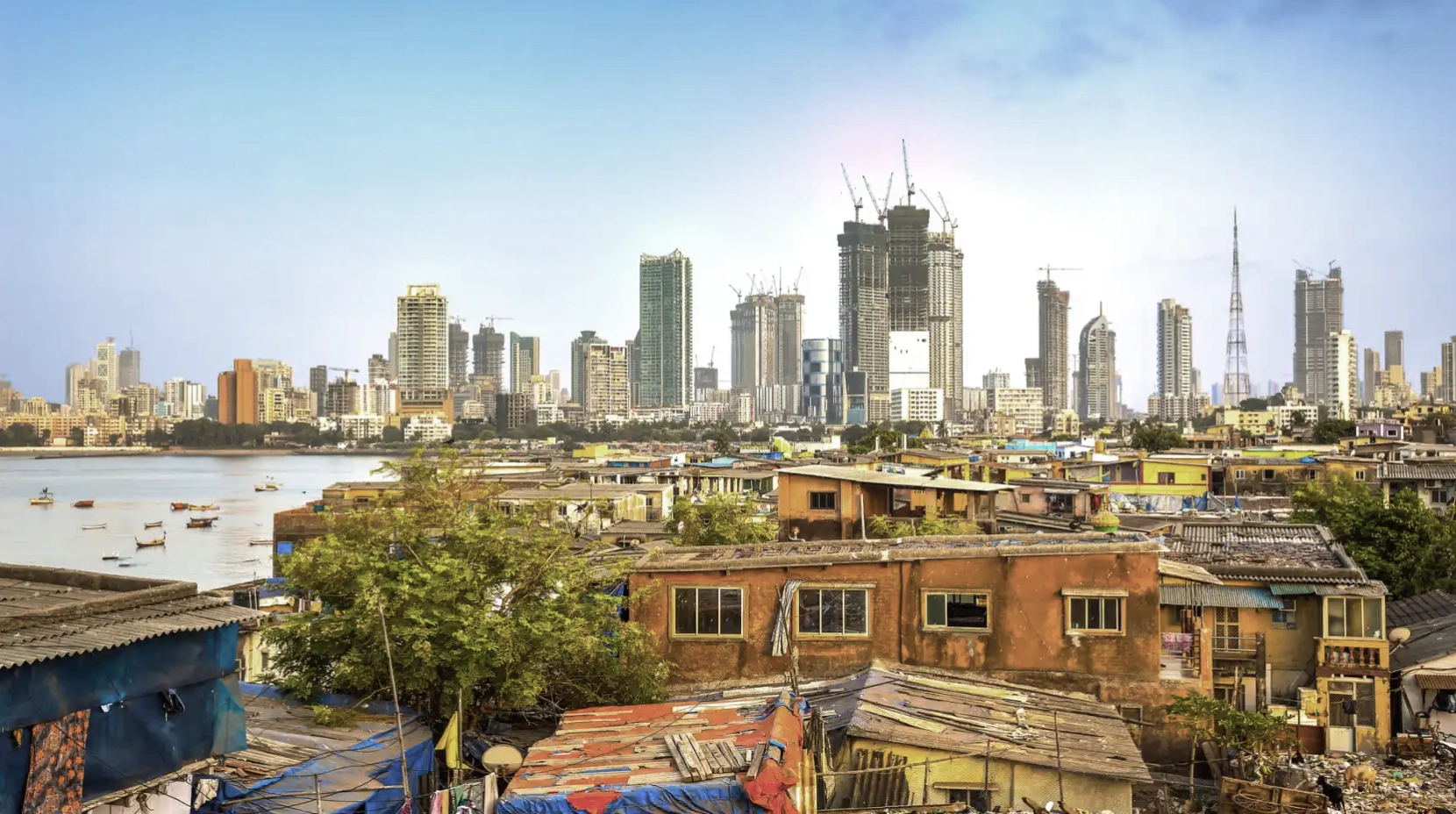We live in an increasingly unequal world. A world increasingly dominated by large multinationals that generate exorbitant profits while paying increasingly precarious wages. In 2023, Saudi Aramco, the great Saudi oil company, reported profits of more than 247 billion dollars. Apple and Microsoft reported, respectively, US$114 billion and US$95 billion. Meanwhile, the real incomes of many workers in these and other companies have been frozen for years. This great corporate capital is deepening inequality. Furthermore, it is doing so while causing a constant degradation of our planet, with greenhouse gas emissions that continue to rise, driving average global temperatures to an increase of almost 2° Celsius (compared to pre-industrial levels).
Greed and Inequality
The greed of capital increases poverty and inequality. Above all, profits are the priority. Jan Eeckhout, of Pompeu Fabra University, explains in his latest book, “The Profit Paradox”, how the growing success of the big business has increased wage inequality. Beyond corporate power, large companies have obtained most of the profits derived from technological advances. Thus, inequality has increased due to the combination of market power and technological progress that favors the productivity of some at the expense of the rest.
On the one hand, workers see their jobs increasingly poorly paid, mechanized, or displaced to lower-wage locations. On the other hand, consumers pay unnecessarily high prices. In Eeckhout’s words, “instead of bringing the benefits of the best technologies to consumers, these ‘superstar’ companies take advantage of the new technologies to earn even higher margins”.
The result is an increasingly unequal world. An inequality that is increasingly reflected not so much between countries but within countries, particularly within cities. The largest cities on the planet, in both rich and poor countries, today concentrate on both the richest and the poorest. In cities such as London, Paris, Shanghai, Lagos, Mexico City, or Rio de Janeiro, those who amass great fortunes live side by side with thousands who go hungry every day. These are dynamics that generate important urban fractures that are currently undermining social cohesion and are behind the rise of recent populism.
As Oxfam International’s latest report Inequality Inc. highlights, never in human history has there been such high income and wealth inequality. While the wealth of the world’s five richest men has doubled since 2020, the wealth of the poorest 5 billion has fallen. This report also focuses on the great corporate power of multinationals with growing market power, which minimizes labor costs while evading taxes.
Corporate greed not only increases inequalities, it also intensifies the great ecological crisis we are experiencing. The fact is that large multinationals are one of the main culprits of our greenhouse gas emissions and the destruction of ecosystems. Multinationals are the major beneficiaries of the deterioration of our planet and the suffering of the poorest.
Climate change and Inequality
But beyond inequality in emissions, the climate change they generate has already become another increasingly important factor behind recent increases in inequality. As temperatures rise, droughts, floods, and other climate disruptions become more frequent and intense. And all of this, unfortunately, disproportionately affects the poorest.
The aforementioned issue is not just anecdotal. Detailed analysis of the data shows how in recent decades rising temperatures help explain growing inequality. In those regions where temperatures have risen the most, the concentration of income and wealth has also increased the most (see “The far-reaching distributional effects of global warming“). The poor are the hardest hit by droughts and climate disasters. As they often depend on natural resources and agriculture, they are the most vulnerable because of their high exposure and low adaptive capacity.
In addition, the poor tend to live in areas with higher climate stress and prone to disasters such as floods, landslides, or fires. Worse still, climate change is associated with higher incidence and intensity of conflicts over dwindling resources, such as water. It is also associated with lower agricultural productivity in tropical areas (where most of the global poor live), higher malnutrition and infant mortality, and, in turn, higher incidence of diseases such as malaria and tuberculosis. All this not only increases economic inequalities but also increases differences in life expectancy in regions where it is still low.
An example of all this is the reality in many regions of sub-Saharan Africa where rainfall has all but disappeared in recent decades. The lack of rainfall has devastated the livelihoods of millions of people there, plunging them into poverty and conflict and turning several countries in the region, such as Sudan, South Sudan, Somalia, and Eritrea, into veritable failed states.
Ecological and Social collapse
According to the Intergovernmental Panel on Climate Change (IPCC), it is now almost inevitable that global temperatures will rise above the 2ºC threshold and could reach 4ºC if our greenhouse gas emissions are not drastically reduced. These increases are already triggering far-reaching ecological catastrophes. Ecologists estimate a current species extinction rate at least 1,000 times higher than normal, with up to 150 species disappearing every year—an unprecedented ecological collapse.
And humans are not on the sidelines. Climate change and the degradation of ecosystems around the world are on their way to becoming the main driver behind growing global inequalities, the biggest barrier in the fight against poverty, and probably the main reason for conflicts around the world.
How to avoid the almost inevitable?
Growing corporate power, increasing inequalities, and climate change are closely connected and characteristic of a global economic system that only works well for a few at the expense of the suffering of many others and a planet in alarming deterioration. To avoid the ecological and social collapse we are facing, profound reforms of this global economic system are needed, starting with a decarbonization of our society. This requires political will and leadership, as well as renunciation of completely unsustainable levels of consumption. Either we act now or collapse is inevitable.
*Translated by Janaína Ruviaro da Silva from the original in Spanish.













